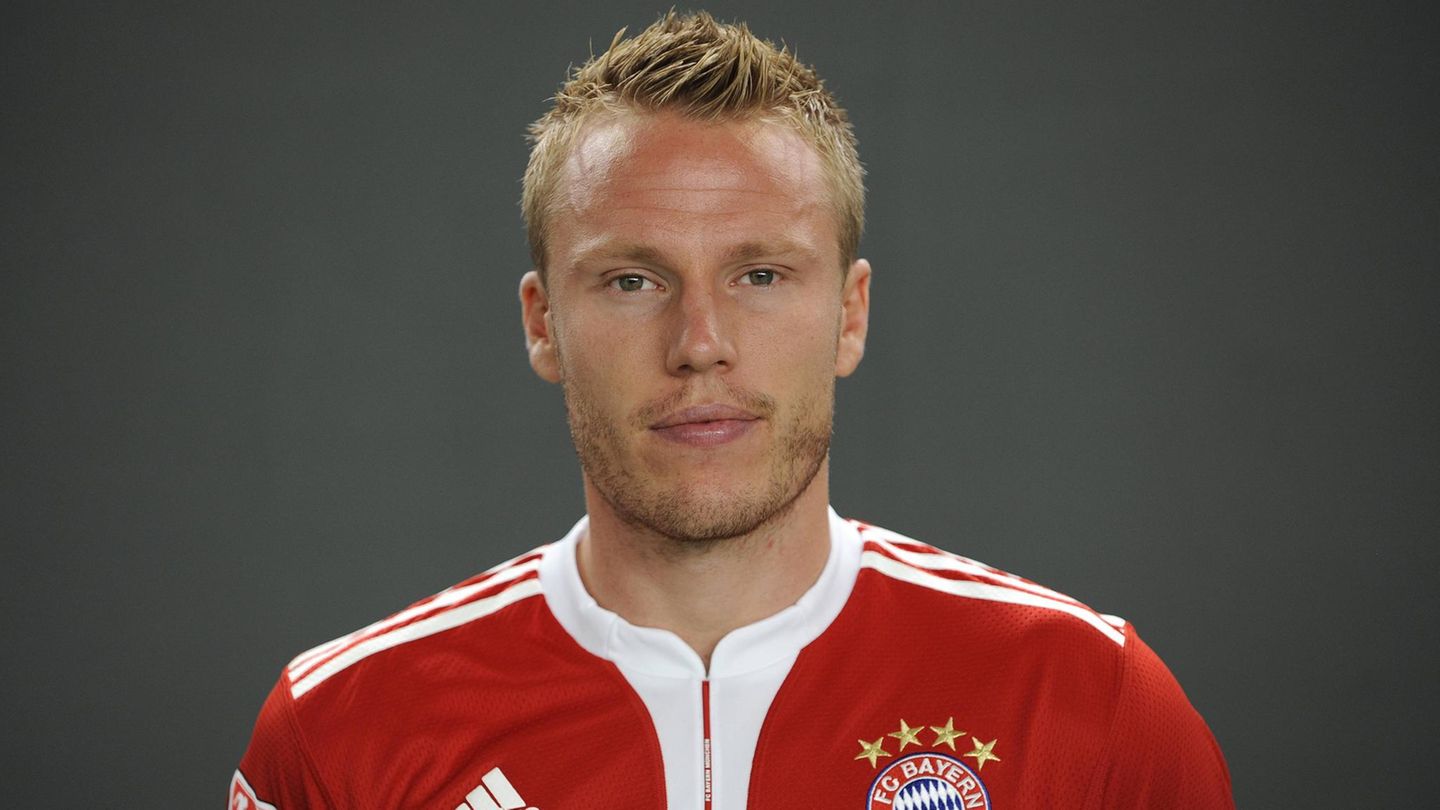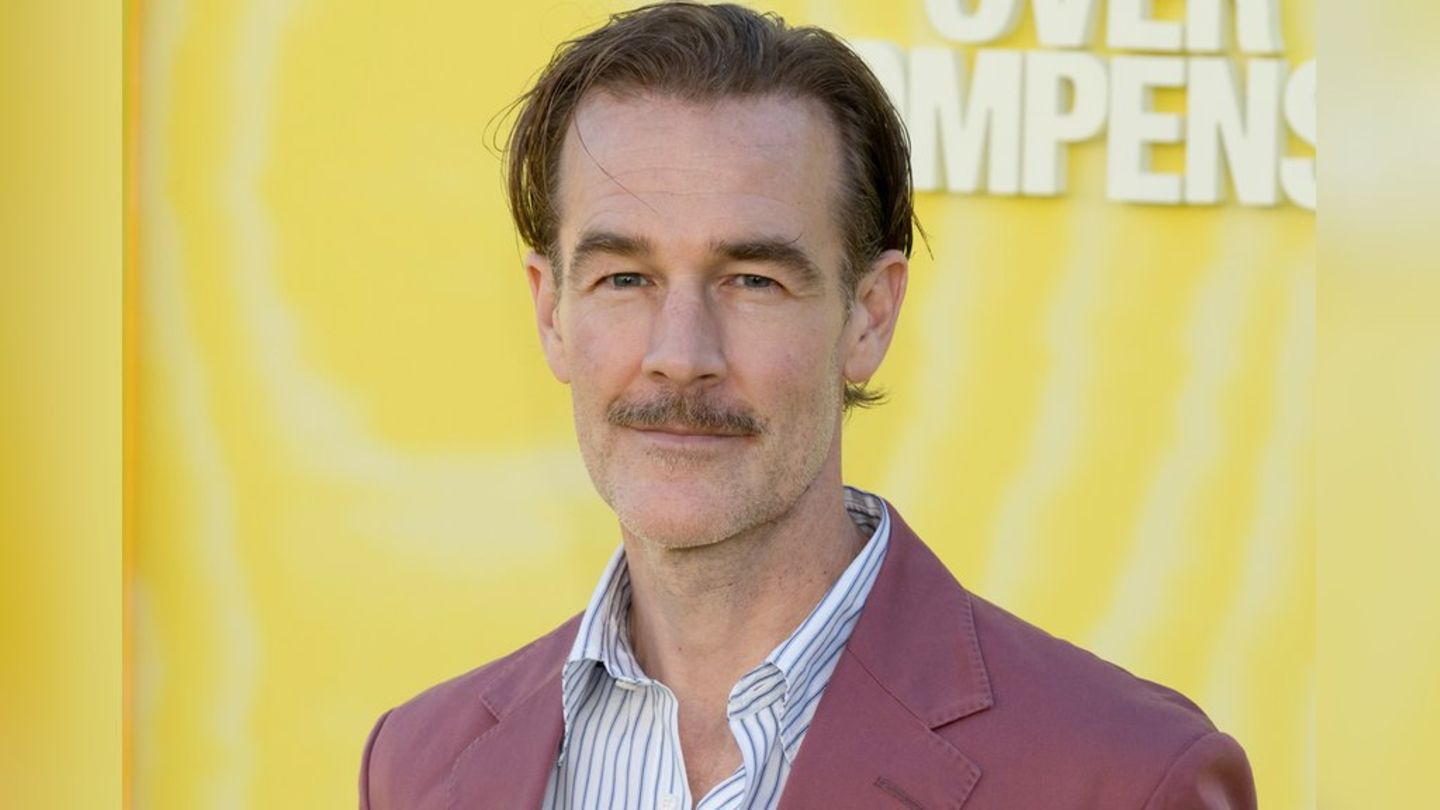As a “cleaner”, as the cross-country skiers so casually call a warm-up race before the actual main competitions, the Olympic skiathlon in Beijing was intended after corona-related delays in Teresa Stadlober’s arrival. Instead, winning bronze behind Norway’s defector Therese Johaug and Russia’s runner Natalia Neprjajewa made it Austria’s first ever women’s medal in this sport at the Winter Games. After 15 exhausting kilometers on the windy cross-country roller coaster in Zhangjiakou, the 29-year-old from Salzburg finally reached the goal of her sporting dreams. Success has many fathers, even if Papa Alois comes first.


family ties: “All the threads come together with him,” says Stadlober about her father, the relay world champion in 1999. The small World Cup team around her has been spun off into a support association since 2019. Mama Roswitha, who has supported us in many matters such as media support in recent years, should straighten things out again after this season as the new ÖSV President. Brother Luis, a former athlete himself and now part of the service team, was one of the first to congratulate him at the finish. And also a special thumb crosser reported. “Grandma wrote me a WhatsApp message. Now I know that she didn’t have a heart attack. That’s good.”
Service team: The fact that Stadlober has fast skis ready and does not have to shy away from comparison with nations that are overpowering in terms of budget and possibilities is also thanks to two people from the Mühlviertel. Manfred Hierschläger has been head of the service team for years and has another man at his side in his club colleague from SU Eidenberg, Manuel Schwentner. The latter had to let his hair down after the coup. “He said that if I win a medal at these games, I can shave his hair off,” said the 29-year-old and immediately went into action.


tour de force: Before this winter, Stadlober joined the Russian women’s group around the experienced German coach Markus Cramer in preparation, which also includes Neprjajewa. “Training with strong athletes was really good for me,” says the native of Salzburg. Decisive progress was made especially in the strength area, where the 29-year-old identified deficits. Especially in the double-decker push, which is so important today, she managed to catch up with the world’s best.
Mental strength: The drama in 2018, when she took the wrong turn on her way to a medal at the Olympic Games in Pyeongchang, the doping scandal surrounding her ÖSV teammates in 2019 in Seefeld or the difficulties with getting there after a positive corona test a few days ago – Stadlober put it all away well and ran to the biggest career success so far. But these games are long. And already next Thursday over 10 kilometers classic you should count on her again.
Source: Nachrichten




